Blogs
I often hide depression with a smile, even when I'm actually extremely depressed. This is a characteristic of "high-functioning" bipolar or depression. In other words, I'm carrying on with life and maybe even look okay, but really, I am drying inside. I've had practice looking mentally well when being really sick for years. I'm awfully good at it. But while this allows me to move through the world more successfully than some, there are also problems when you hide depression despite being very ill.
The creation of art can help with depression. During the cold season, when I'm stuck indoors, it becomes tempting to spend a lot of time sleeping. This only makes me feel depressed. To combat this, I try to find fun activities that challenge my mind. This year, I discovered joy in diamond painting. To learn how this artistic hobby helps with depression, read on.
I have a bipolar routine that I adhere to pretty rigidly. This is important for my mental wellness. However, I know that one reason some people don't want a bipolar routine is because they fear the rigidity that can come with it. I can understand that, so let's take a look at bipolar routines and their rigidity.
I am a recovered compulsive gambler. Overcoming gambling dependency was a long road of self-discovery and transformation. Going through the process of breaking free from the shackles of compulsive gambling left me vulnerable and a lot like someone who’s on the outside looking in. As a recovered compulsive gambler, I continue to identify as a gambling addict despite my recovery milestones because owning this identity gives me power over the compulsion that held me hostage for so long.
Managing attention-deficit/hyperactivity (ADHD) behaviors can be challenging for many people, especially those in abuse recovery. Often, triggers can amplify a person's reactions to someone's actions or words. In some cases, like mine, my battle with ADHD helped fuel my verbal abuse recovery process.
Recently, I've been thinking a lot about queer friendship and how special and wonderful it can be. Part of why I am thinking about this is that when I came out as transgender four years ago, I lost a lot of my non-queer friends. It was really painful. They just couldn't show up for me as I transitioned more fully into my life as Daniel. While it was painful and hard to lose so many friends (and even some family members), this loss paved the way for me to make new queer friends. In these queer relationships, I started to see I could be myself. There was a layer of authenticity to my queer friendships that was missing in my previous life. Today, I'll break down a few of the elements that make queer friendship so affirming. At the end of this post, I will also share tips on how to make new queer friends if you find yourself wanting more in the queer friendship department.
Routines and visual schedules can help a parent with dissociative identity disorder (DID). Growing up, my life was marked by unpredictability. I found myself perpetually in a hypervigilant fight-or-flight crisis mode. When I was diagnosed with dissociative identity disorder, I thought I would spend the rest of my life in this mode. When I found out I was going to be a parent, the idea of parenting the way I functioned for most of my life terrified me. Little did I know I would soon discover the power of routine and visual schedules as a parent with DID.
I have found that being too overwhelmed can lead to a loss of executive function. Basically, my head gets filled with life's troubles and illness, and then it can't think complicated thoughts. That's the crux of it. The thing is, complicated thoughts like those involved in planning and problem-solving are pretty crucial for getting through your day. So, how do we deal with the effects of overwhelm on executive function?
Recently, I posed a challenge to myself to see if I could tolerate one day without a fitness tracker. This experiment should have been simple: Just set the device aside, then continue with all my normal activities for about 12 hours. The key phrase here is "should have been simple." But to be honest, it was so painfully difficult. Here's why I took on this endeavor—plus the humbling lessons I learned from one day without a fitness tracker.
Opening up about borderline personality disorder (BPD) symptoms can present unique challenges, and disclosing this condition to immigrant Filipino parents adds another layer of complexity. My BPD symptoms include intense mood swings, fear of abandonment, and unstable self-image. Opening up about my borderline personality disorder symptoms with parents who come from a culture and generation that stigmatizes mental health issues is a delicate and, at times, painful process.
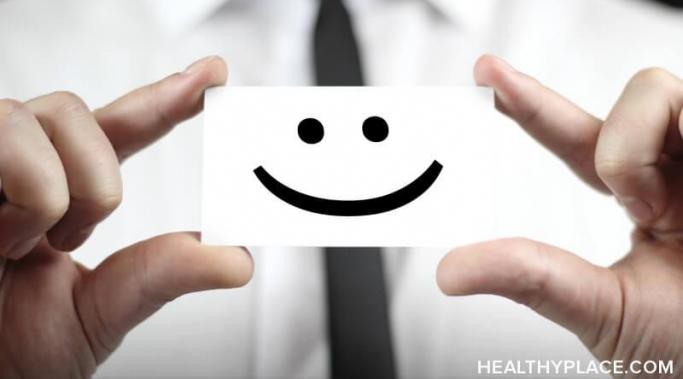

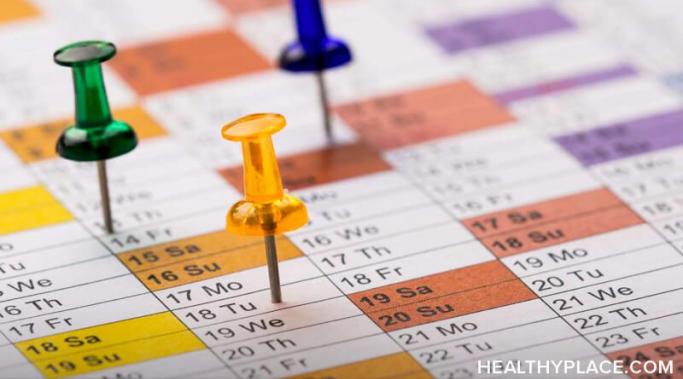

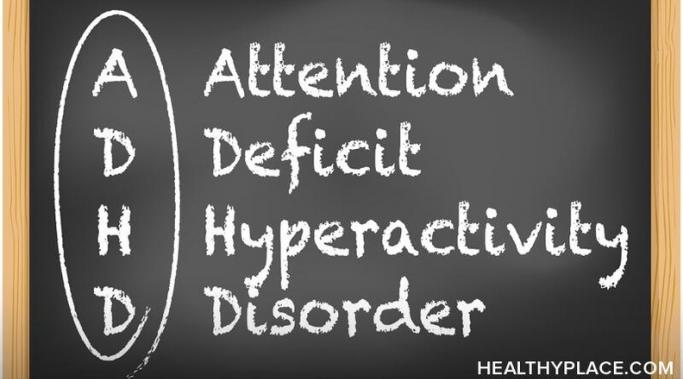

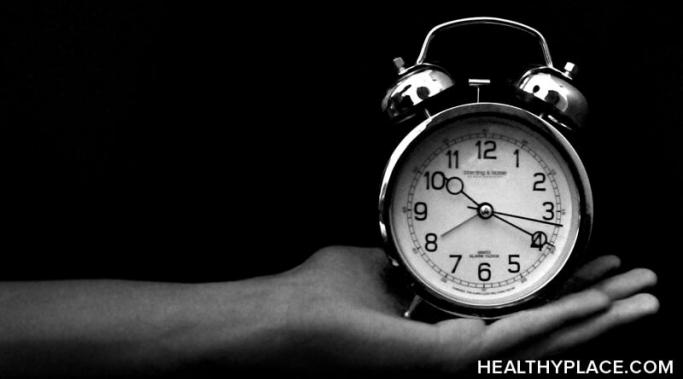

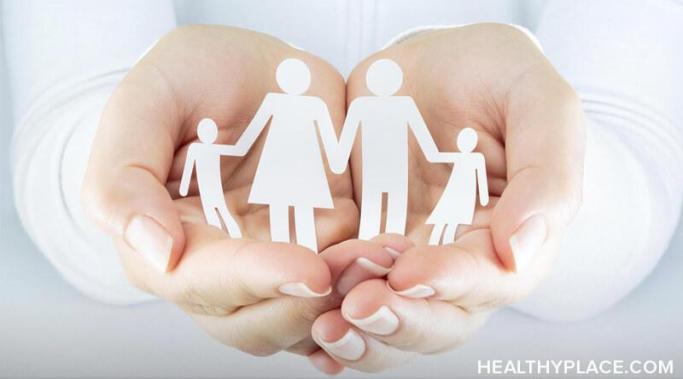
I'm sorry that you're out of medication. I can understand being concerned about your health. That seems quite reasonable to me.
I don't know why you're out of medication, but maybe you could look into getting more. I know that can be a challenge in some situations. I think it's quite important, though. Going off medication cold turkey is not advisable.
If withdrawal symptoms do come up, don't be scared to see a doctor. They may be able to help you mitigate them.
Good luck.
-- Natasha Tracy